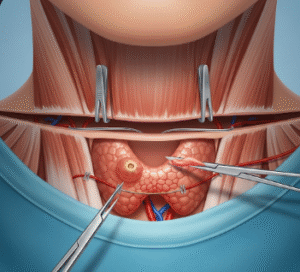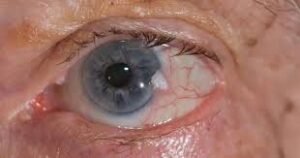Overview
Heart palpitations are perceived irregular or rapid heartbeats, which can be alarming but are often benign. They are a common cardiovascular symptom in Korea and are evaluated in cardiology clinics to rule out serious underlying heart conditions.
What are Heart Palpitations?
Heart palpitations occur when a person becomes aware of their heartbeat, which may feel racing, fluttering, or skipping beats. They can result from arrhythmias, stress, or lifestyle factors and affect adults and adolescents alike.
Symptoms
- Rapid, pounding, or irregular heartbeat
- Fluttering sensation in the chest, throat, or neck
- Shortness of breath
- Lightheadedness or dizziness
- Chest discomfort or mild pain
- Anxiety or panic episodes
Causes
- Cardiac arrhythmias (e.g., atrial fibrillation, ventricular tachycardia)
- Anxiety or stress
- Stimulants such as caffeine or nicotine
- Thyroid disorders (hyperthyroidism)
- Electrolyte imbalances
- Medications, including decongestants and asthma drugs
Risk Factors
- High stress or anxiety levels
- Heart disease or structural heart defects
- Excessive caffeine, alcohol, or nicotine consumption
- Thyroid disease
- Family history of arrhythmias
- Age (more common in older adults)
Complications
- Development of persistent arrhythmias
- Increased risk of stroke in atrial fibrillation
- Reduced quality of life due to anxiety or recurrent symptoms
- Heart failure in severe, untreated cases
- Rarely, sudden cardiac arrest if associated with malignant arrhythmias
Prevention
- Manage stress through relaxation techniques
- Avoid excessive caffeine, alcohol, or stimulant medications
- Maintain a heart-healthy lifestyle (diet, exercise, weight control)
- Monitor thyroid and cardiovascular health regularly
- Seek medical attention for persistent or unexplained palpitations
Treatment Options in Korea
Diagnosis
- Electrocardiogram (ECG) to record heart rhythm
- Holter monitoring for continuous 24–48 hour assessment
- Echocardiography to evaluate heart structure
- Blood tests for thyroid function, electrolytes, and metabolic causes
Medical Treatments
- Anti-arrhythmic medications to control abnormal rhythms
- Beta-blockers or calcium channel blockers for symptom relief
- Treatment of underlying conditions such as hyperthyroidism or anemia
- Lifestyle modification counseling
Surgical or Advanced Therapies
- Catheter ablation for certain arrhythmias
- Pacemaker implantation for bradycardia-related palpitations
- Implantable cardioverter-defibrillator (ICD) for high-risk patients
- Advanced cardiac electrophysiology procedures offered in Korean hospitals
Rehabilitation and Support
- Patient education on symptom monitoring
- Stress management and relaxation therapy
- Cardiac rehabilitation for individuals with underlying heart disease
- Regular follow-up and rhythm monitoring













